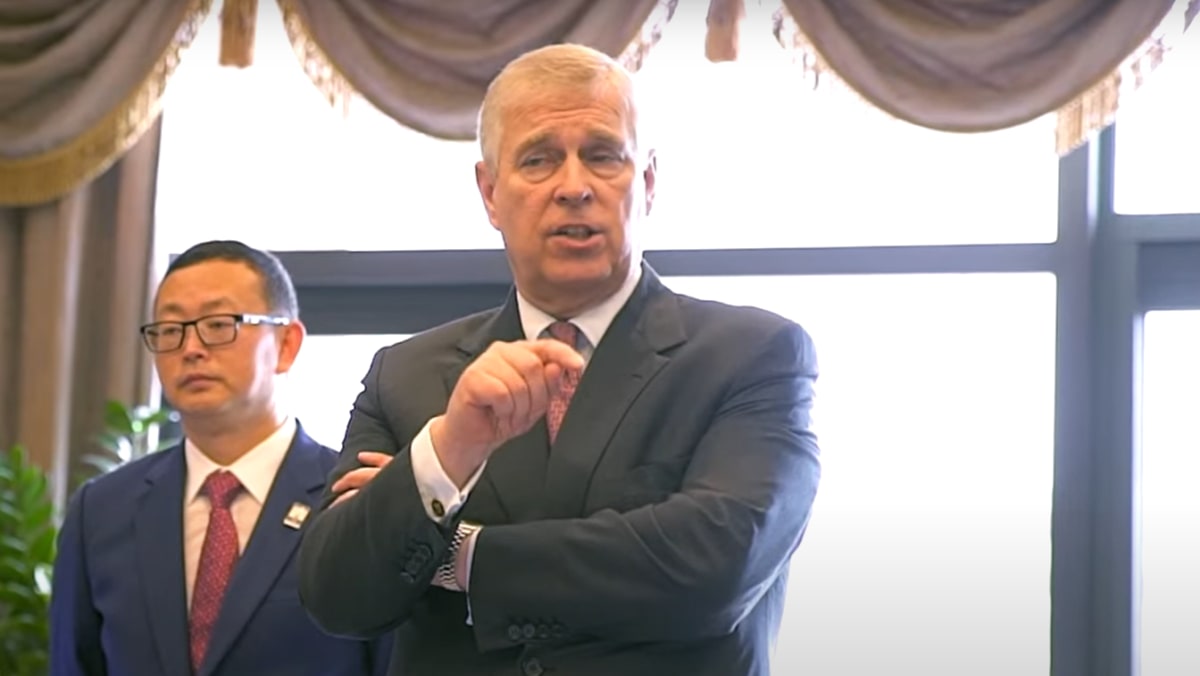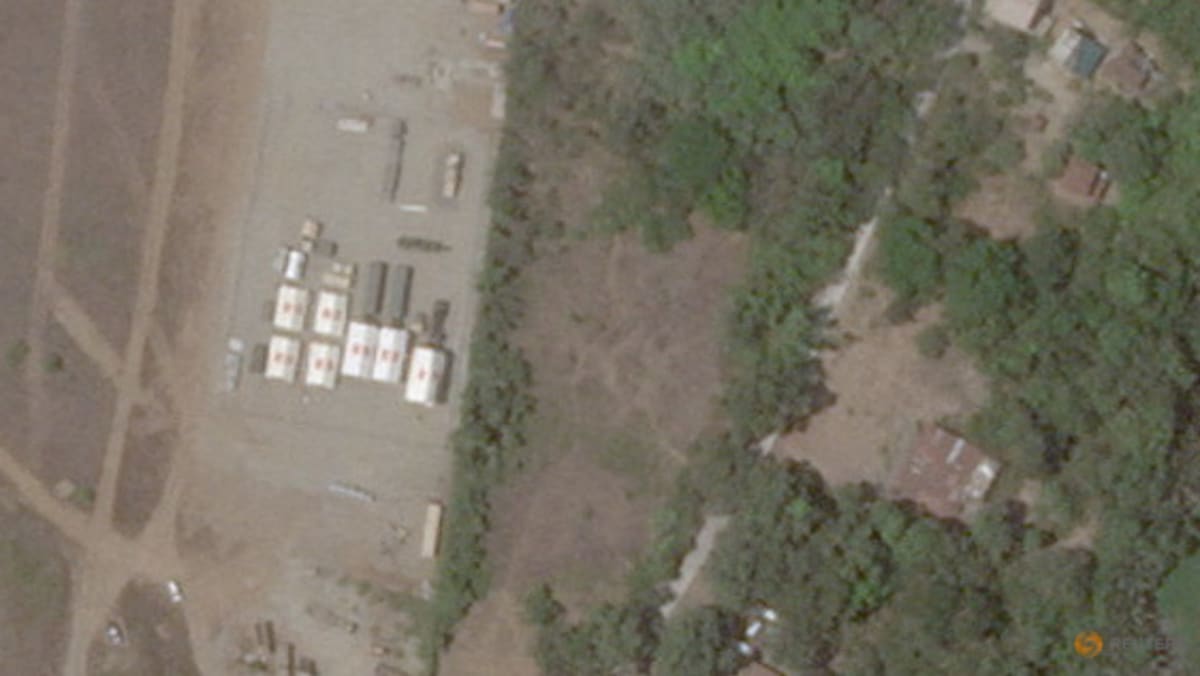China’s crackdown on cyber scams in Southeast Asia ensnares thousands but leaves the networks intact

The syndicates also are known for “pig butchering” cons, where scammers entice individuals, often halfway across the world, to invest their money in bogus schemes after duping them into digital romances.
The scammers divide their targets into two categories: Chinese and non-Chinese. They use scripts, images of models and influencers and translation software to trick the people they contact by phone or online into parting with their money.
Victims can be anywhere in the world.
The criminals have “ridden on the shoulders of the Belt and Road Initiative”, said Tower, who outlined links between the criminals and Chinese state enterprises, think tanks and government officials in a 2020 report written for the United States Institute of Peace.
Zhang was working in Thailand and on a visa run to Laos when he met the man who lured him to the scam compound in Myanmar. Giving what he said was his last name, Gao, he claimed to be a broker and travel agent for Chinese living in Thailand.
Zhang and his wife wanted extra money to pay for in vitro fertilisation to have another child. Gao suggested he go work in Myawaddy, in eastern Myanmar’s Kayin state, teaching a local chef how to cook Chinese dishes in Gao’s new restaurant. The pay would be double what Zhang made in China.
Zhang was wary. Since a 2021 coup, military-controlled Myanmar has been embroiled in civil conflict. But Gao reassured him that he wouldn’t be doing anything illegal and said the restaurant would have plenty of customers since many cyber scam businesses were operating in the area.
That might have raised a red flag but it was only once he got to Myanmar that Zhang realised his predicament.
He asked to go back home, saying there was a family emergency. His family helped him scrape together some 40,000 yuan (US$5,472) to pay off the debt Gao claimed he owed him, and he slipped away one night, swimming across the Moei River into Thailand, where he turned himself into Thai police, who contacted the Chinese Embassy.
Zhang showed the AP copies of his deportation notice from the Thai Immigration police and a temporary ID card. He returned to China in late June and was questioned by Chinese police but not detained.
Source: CNA















